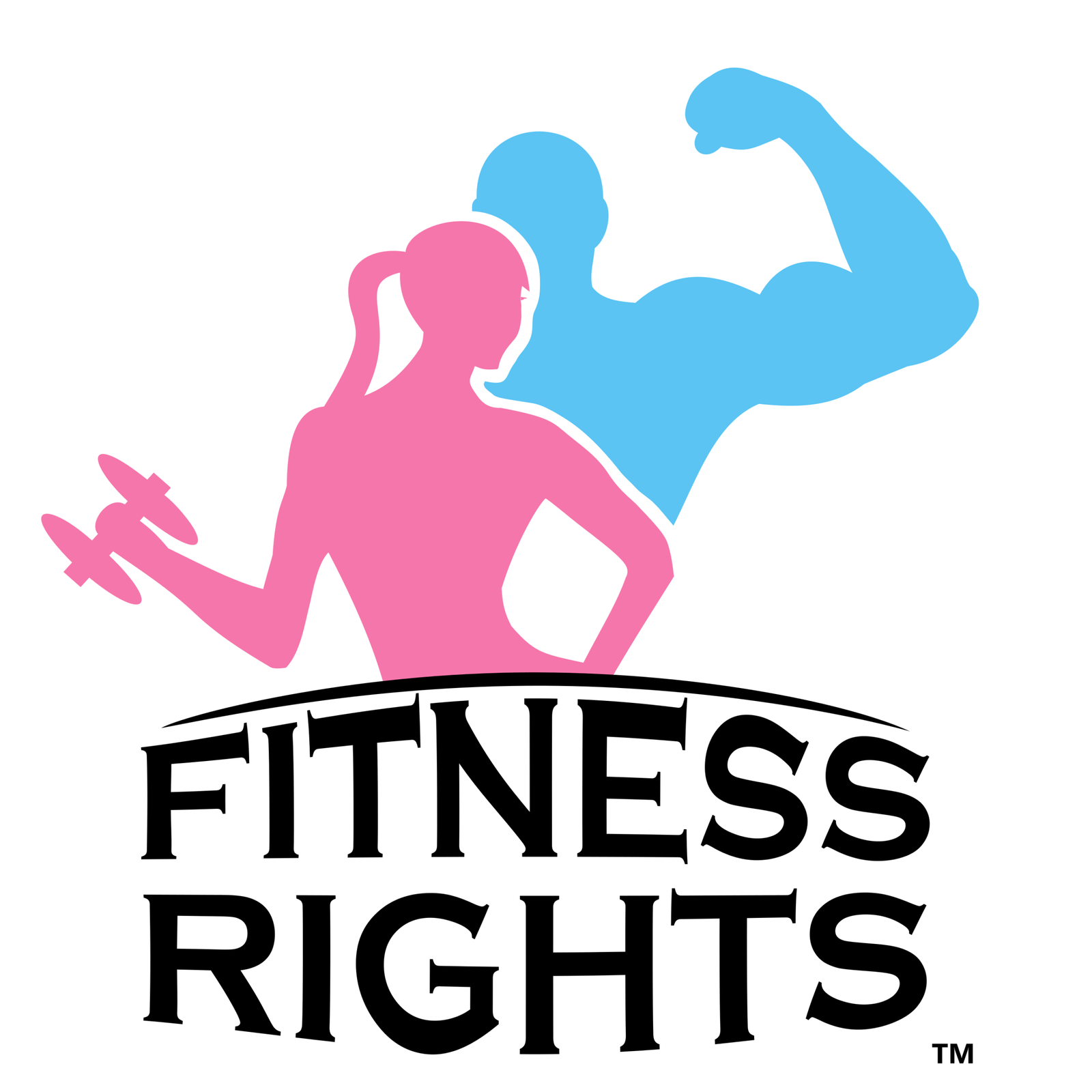Think of protein powder as the hero of fitness. It’s always there to help when your muscles need a quick lift. It’s a protein powder that comes from different sources. You can find it in milk, like whey or casein, plants like pea or soy, or collagen. People add it to shakes, bake it in muffins, or mix it into pancakes to reach their daily protein goals without eating chicken every few hours. But here’s the twist: even superheroes have sidekicks who can cause some trouble. Is constipation one of those issues?
Table of Contents
ToggleWhat is protein powder?
Protein powder is a supplement from various sources like whey, soy, pea, hemp, and rice. It’s made to give you a simple, strong source of protein that’s easy to take in. Many people use protein powder after exercising. It helps repair and build muscle. It’s also a simple way to boost protein without adding too many calories.
Some protein powders are made for people with special diets, like vegan or gluten-free options. Protein powder is a great choice for many people. You can pick whey or plant-based options. It’s easy to use and often tastes good.
The Growing Popularity of Protein Powders
In the U.S., protein powder is now well-known in many homes. People from all walks of life, whether they love fitness or have a packed schedule, are enjoying protein shakes these days. Health and fitness trends are booming. Meal replacement shakes and smoothies are everywhere. Because of this, protein powder has become a popular supplement. Americans are eating more protein than ever, and protein powder is a big part of that trend, according to the International Food Information Council
The data is shown as follows.
71% of Americans tried to increase their protein intake in 2024
67% of Americans tried to increase their protein intake in 2023
59% of Americans tried to increase their protein intake in 2022
Protein powders are for everyone now, not just bodybuilders. Everyone is adding scoops to their blenders, from beginners to the gym to busy moms and dads. According to a study from 2022, about 40% of adults in the U.S. regularly use protein supplements. Why is that? They are easy to use, adaptable, and offer benefits—like building muscle, boosting energy, or aiding recovery. As more people get into protein, questions about its downsides also increase.
The Big Question: Can Protein Powder Cause Constipation?
Here’s a big question: Can protein powder lead to constipation? Some people love protein powder and have no problems with it, while others feel a bit constipated. What’s going on?
Some people may find that protein powder can cause constipation. Why does this happen? Let’s simplify.
1. Does Protein Powder Make You Constipated?
Protein powder can lead to constipation for several reasons. One main issue is that many protein powders don’t have enough fiber. Fiber helps keep your digestion on track, but protein powder often lacks it. If you don’t get enough fiber, your digestion can slow down. This can cause constipation.
Also, consuming too much protein at one time can stress your digestive system. Your body can handle only so much protein at once, and if you eat too much, it might cause problems like constipation.
Some people are more sensitive to protein, especially when they eat a lot. This can make constipation worse.
2. Why Does Protein Powder Cause Constipation?
Digestive Issues
Imagine your gut as a busy highway. Protein powder, especially casein or whey, can slow things down like a truck stuck in traffic. Some people might find that protein powders slow down their digestion. It can happen if they are sensitive to certain ingredients, like lactose in whey protein or gluten in some plant-based options. A 1993 study found that high-protein diets reduce gut motility (translation: your intestines get sluggish).
If your digestion is slower than normal, you might feel bloated, uncomfortable and have trouble going to the bathroom.
Lack of fibre
As we mentioned earlier, many protein powders don’t have fibre. Fiber is important for good digestion. It helps make your stool bigger and keeps things moving easily in your intestines. If you use protein powder a lot for daily protein, you might face constipation if you don’t include fibre-rich foods. But most protein powders lack it. For example, a scoop of whey protein has 0 grams of fibre, while a serving of black beans packs 15 grams. No broom? Cue the backup.
Consuming too much protein
The overconsumption of protein can cause constipation. Your body limits how much protein it can take in at one time. If you eat too much protein, it can upset your digestion and lead to constipation. This is especially true if you use a lot of protein powder to gain muscle or lose weight.
3. Does Protein Powder Cause Bloating and Constipation?
Ever feel like a balloon after a protein shake? You’re not alone. Bloating and constipation often crash the party together. Here’s why:
– Gas Production: Some proteins (looking at you, whey) can ferment in the gut, creating gas.
– Slow Transit Time: When digestion slows, waste lingers, leading to bloating and discomfort.
Think of your gut as a compost pile. It can become smelly if you have too much protein and insufficient airflow or fibre.
4. Does Protein Powder Cause Constipation or Diarrhea?
It’s a wild ride for your stomach! Some people have trouble going to the bathroom, while others rush there quickly. What caused the breakup?
– Lactose Intolerance: Whey protein contains lactose, which can cause diarrhea in sensitive folks.
– Artificial Sweeteners: Sugar alcohols like sorbitol (common in powders) can trigger diarrhoea.
– Individual Reactions: Your gut microbiome is as unique as your fingerprint. One person’s cure is another’s curse.
5. Can Protein Powder Cause Constipation?
Short answer: Yes, but it isn’t effortless. Whey and casein (dairy-based proteins) are frequent culprits. A 2023 study noted that dairy proteins can slow digestion in lactose-intolerant individuals. Meanwhile, plant-based powders might be gentler—but not always (more on that later).
6. Types of Protein Powder and Their Impact on Constipation
Whey Protein
Whey protein is a popular choice, but it can cause constipation for lactose-intolerant people. The lactose in whey can slow down digestion, causing discomfort and constipation.
Vegan and Plant-Based Proteins
Plant-based proteins such as pea, hemp, and soy are usually easier on your stomach. However, they might still cause problems if you are sensitive to specific ingredients. Some of these proteins have a lot of fibre. It can cause bloating and constipation for some sensitive people.
Casein Protein
Casein is a slow-digesting protein, which can be great for muscle recovery but may also cause constipation for people with slow digestion. Its slow absorption rate can lead to sluggish digestion, which can lead to constipation.
Collagen Protein
Casein is a protein that digests slowly. It can help with muscle recovery but might cause constipation for those with slow digestion. A slow absorption rate can cause sluggish digestion, which may result in constipation.
Herbalife Protein Powder
Some people have said they felt constipated after using Herbalife protein powder. This might be because of its ingredients and additives. Like other protein powders, it is important to pay attention to how your body responds.
7. How much protein powder is too much?
The FDA doesn’t set a hard limit, but nutritionists suggest 20-40 grams per meal. If you surpass this limit, your digestion may suffer. Remember: Your body isn’t a garbage disposal—don’t overload it.
Tips to Avoid Constipation from Protein Powder
Hydrate Like a Camel
Aim for 8-10 glasses of water daily. Protein sucks up moisture, so keep that river flowing!
Fiber Up Your Shake
Add spinach, chia seeds, or a fibre supplement to your shake. Think of it as adding a broom to the cleanup crew.
Balance Your Plate
Don’t let protein push veggies and whole grains off your plate. Variety keeps your gut happy.
9. What to Do if You Experience Constipation from Protein Powder
If protein powder makes you constipated, here are some steps to Reduce your intake: Begin with small portions and slowly add more if needed.
Switch protein types: If whey is causing problems, consider switching to plant-based or collagen protein.
Boost your fibre: Include more fibre in your meals to help digestion.
Drink enough water: Keep sipping water all day to aid your digestion.
If constipation continues, talk to a healthcare provider. They can help identify any other problems and find a suitable solution.
Does Protein Powder Cause Constipation on Reddit?
Scan Reddit’s fitness forums; you’ll find tales of triumph and turmoil. One person says whey makes them feel heavy, while another loves vegan blends. What’s the lesson here? Every person’s gut is special and different.
Final Talks
Does protein powder make you constipated? It can happen, but it’s not indispensable. Protein powder might lead to constipation, especially if you’re sensitive to some ingredients or take too much. You can reduce the chance of constipation by making some simple changes. Drink plenty of water, include more fiber in your meals, and choose the right protein for your diet. If you have digestive problems, think about talking to a healthcare provider.
Frequently Asked Questions
Does drinking protein powder cause constipation?
It can, especially if you’re low on fiber or water. Adjust your diet and see!
Can plant-based protein powder cause constipation?
Rarely, but some (like pea protein) might. Pair with fruits or veggies.
Does whey protein powder cause constipation?
Yes, particularly for lactose-sensitive folks. Try lactose-free options.
How much protein powder is too much?
Stick to 20-40 grams per serving. More isn’t always better!
When should I see a doctor?
If constipation lasts over a week or comes with pain, don’t play hero—get help.
References
1.https://onlinelibrary.wiley.com/doi/abs/10.1111/nmo.14795
2.https://link.springer.com/article/10.1186/s12889-022-14360-w
3.https://agsjournals.onlinelibrary.wiley.com/doi/abs/10.1111/j.1532-5415.1993.tb06463.x
4.https://www.carolinerobertson.com.au/uploads/1/0/0/8/10080309/wbg161_054-057_plant_protein.pdf
5.https://www.healthline.com/health/can-protein-make-you-constipated
6.https://www.goodrx.com/conditions/constipation/too-much-protein-and-constipation






